Salinity Counts When it Comes to Sea Level
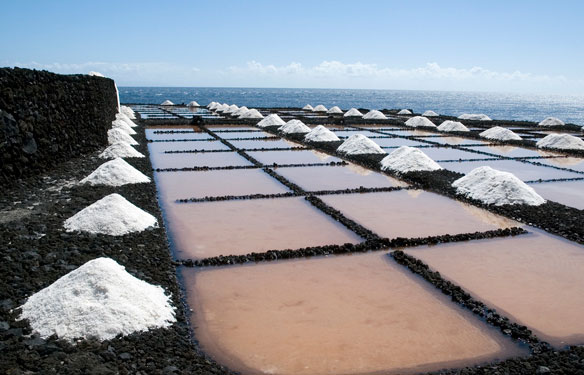
Using ocean observations and a large suite of climate models, scientists have found that long-term salinity changes have a stronger influence on regional sea level changes than previously thought.
Fast-Warming Gulf of Maine Offers Hint of Future for Oceans
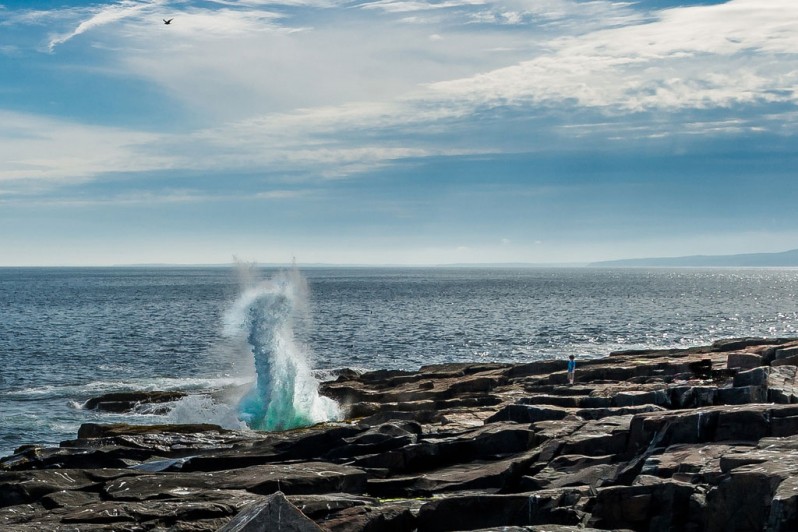
The waters off the coast of New England are warming more rapidly than almost any other ocean region on earth. Scientists are now studying the resulting ecosystem changes, and their findings could provide a glimpse of the future for many of the world’s coastal communities.
Saltwater Moves Into Drinking Water Aquifers

Saltwater has migrated inland into freshwater aquifers that supply hundreds of private and public wells in the New Hanover County, North Carolina, according to a new U.S.G.S report. The results of the study are a telltale sign of how the demand from a population that has exploded since the 1990s has affected aquifers, sources that will continue to be pressured if population growth projections are fulfilled …
Massive Geographic Change May Have Triggered Rise in Sea Level and Explosion of Animal Life
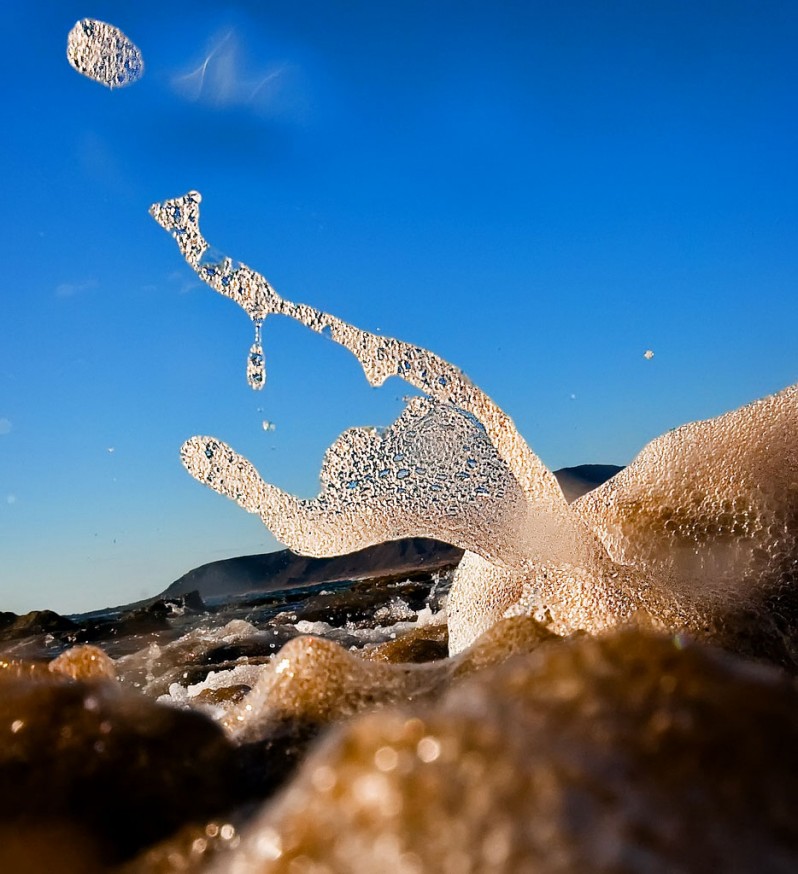
New research suggests a major tectonic event may have triggered the rise in sea level and other environmental changes that accompanied the apparent burst of life, 530 million years ago during the Cambrian explosion.
That Sinking Feeling: Rising Sea Level Isn’t Cities’ Only Water Worry
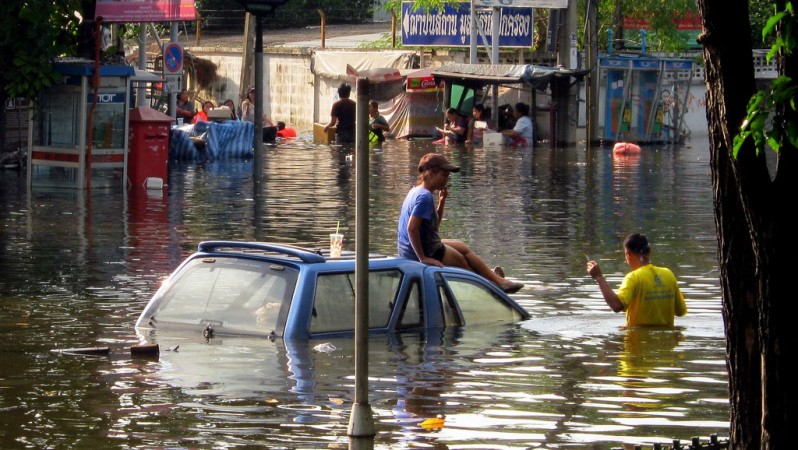
Some of the world’s expanding coastal cities face a two-pronged threat involving water: excessive groundwater pumping can cause the ground below to sink at the same time that sea levels are rising.
What New York City Can Learn From Its Relationship With The Sea

From the days when Mannahatta island was home to the indigenous Lenape tribe to today’s five-borough metropolis that houses more than 8 million people, one thing has remained constant: the story of New York City cannot be separated from water.
New Research Quantifies What’s Causing Sea Level to Rise
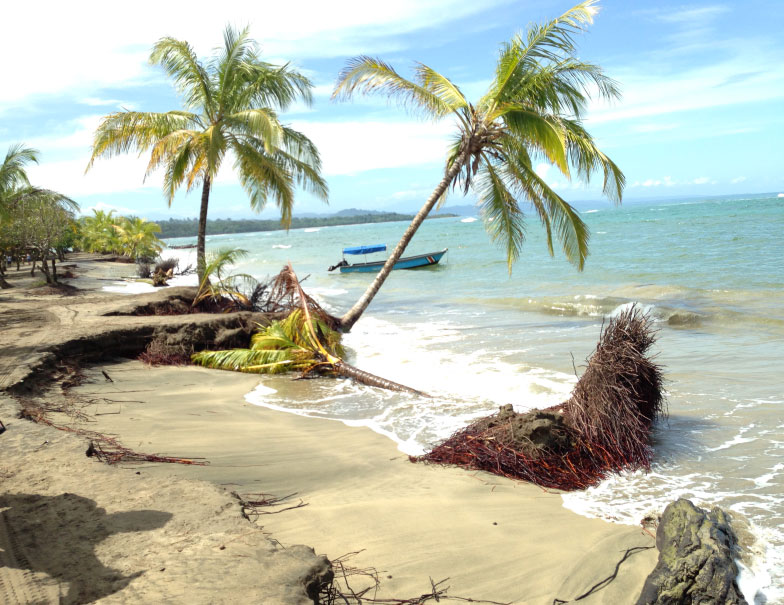
There have been a number of studies recently on ocean warming and sea-level rise. Collectively, they are helping scientists unite around an emerging understanding of climate change and its impact on the Earth.
San Francisco Rising to Threat of Swelling Seas

The City by the Bay, where bayfront shorelines will continue to experience worsening high tide flooding, where the nearby international airport is among the nation’s most vulnerable to floods, and where Pacific Ocean shoreline erosion could be accelerated by sea level rise, has adopted a first-in-the-nation approach to assessing potential infrastructure risks posed by rising seas.
Venice: Long-Admired Gondola Feature Threatened by Rising Waters

As the aqua alta -high waters- occur more frequently, largely due to rising sea levels, gondoliers are having more and more trouble getting their boats under bridges – and, as the highest part of the boat, the stern iron is becoming increasingly problematic.
